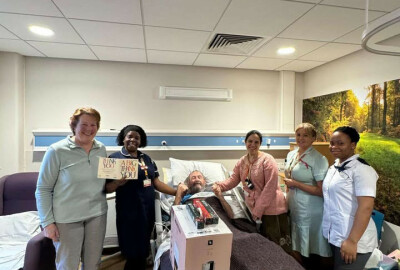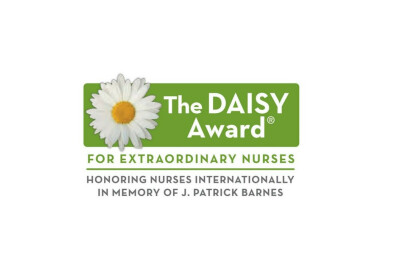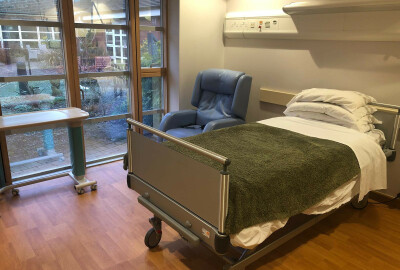At LOROS, we are acutely aware of the ongoing conversation surrounding assisted dying in the UK, particularly following the recent passing of the Assisted Dying Bill through parliament.
This remains a deeply complex and personal issue that evokes diverse opinions among patients, families, healthcare professionals, the general public and the wider hospice community.
Our primary focus will always be on enhancing the quality of life for those with life-limiting conditions, either here at the hospice, or in the communities of Leicester, Leicestershire and Rutland.
We firmly believe that, now more than ever, it is vital to highlight the irreplaceable role of hospices and the services we provide. Palliative and end of life care, delivered well, plays a crucial role in addressing the physical, emotional, and spiritual needs that a terminal diagnosis can bring, which is why the role of palliative care must remain central to the evolving conversation.
Palliative and end of life care is the only major area of healthcare provision that is primarily funded by charitable donations and philanthropy. We continue to recognise the importance of a move to a more sustainable funding model in the future, particularly with the current funding challenges of the wider health care system. Such a change is essential to ensure the availability and quality of hospice and wider palliative and end of life care services are not put at risk, and that there is no compromise on the standard of care we can deliver to our patients and their families.
Should the legal position on assisted dying change, we remain true to our primary focus. We acknowledge the human element to the significant challenges that a change in the law would present, not only for patients and their families but for doctors, nurses, allied healthcare professionals, our volunteers and donors, and communities at large. These challenges span ethical, logistical, and financial dimensions, all of which require careful consideration, particularly in ensuring patients have a genuinely informed choice about any decision they make.
Our position, at present, is that we will not be directly involved in facilitating assisted dying. Assisted dying services will not be offered within our facilities, nor will our staff be asked to participate in the process. We hope this unambiguous position continues to offer clarity for patients, families, and our staff and supporters, underscoring that our hospice’s mission remains wholly focused on palliative and end of life care. We believe this approach reflects both our ethical commitments and the expectations of the communities we serve.
We remain committed, through our LOROS Centre for Excellence, to leading advancements in palliative and end of life care through research, workforce development through our educational courses, and continuous improvements in practice.
We will also remain true to our core values. We are dedicated to providing the best possible, compassionate palliative and end of life care that is accessible and equitable to all. This care will always prioritise comfort, dignity, and holistic support for patients and their families, regardless of societal or legislative changes.




